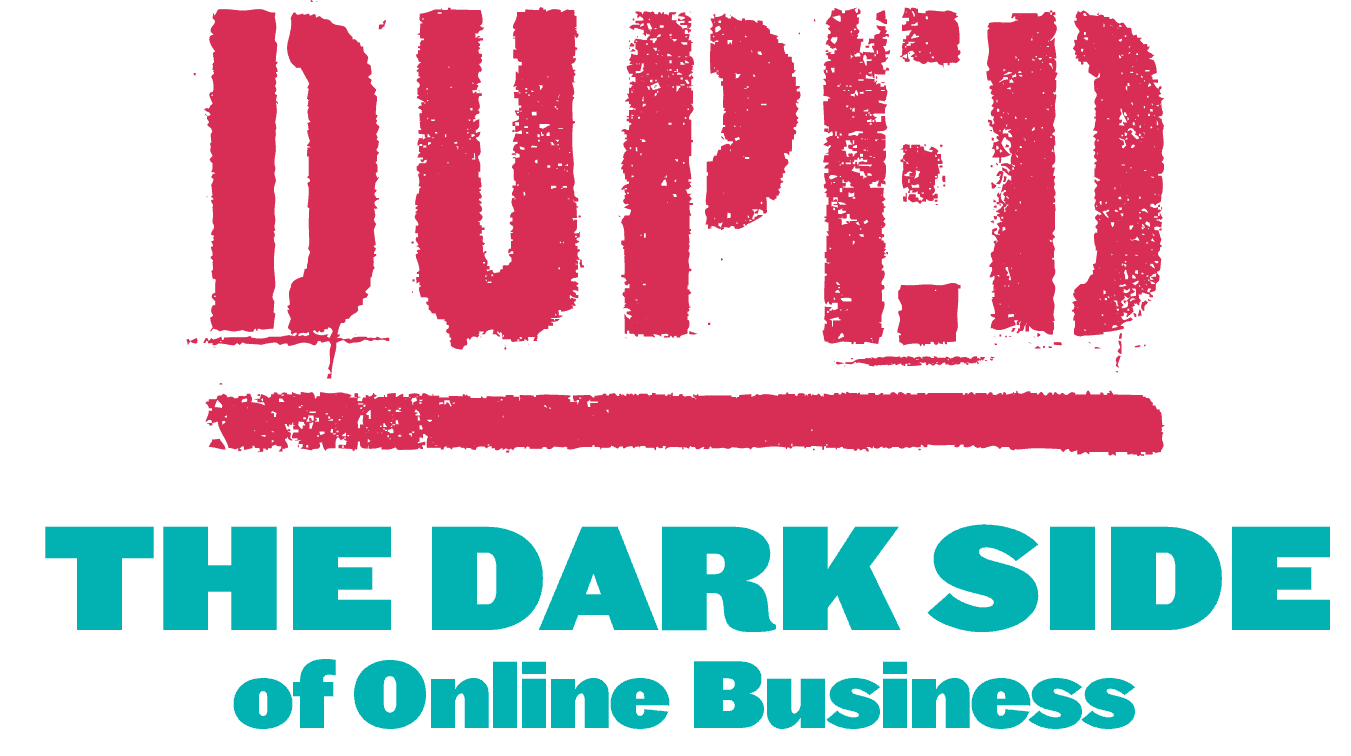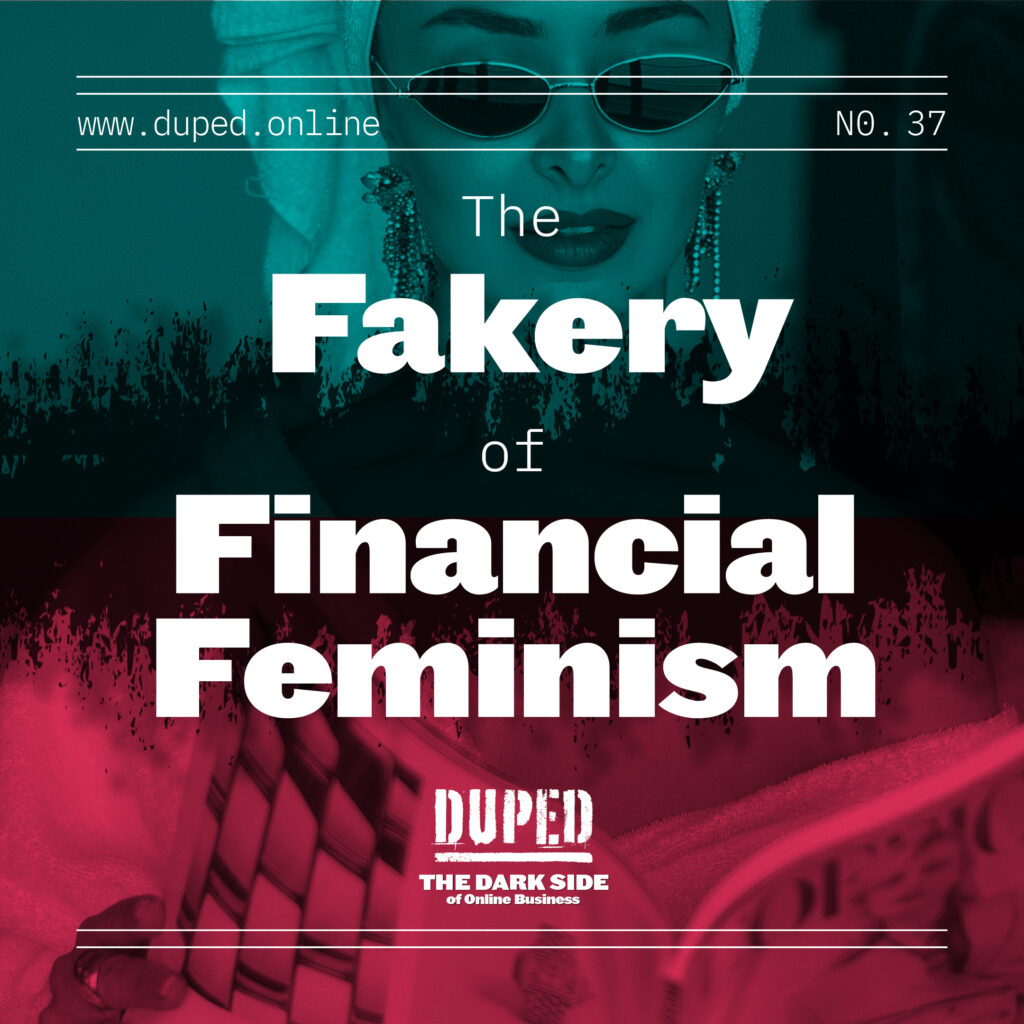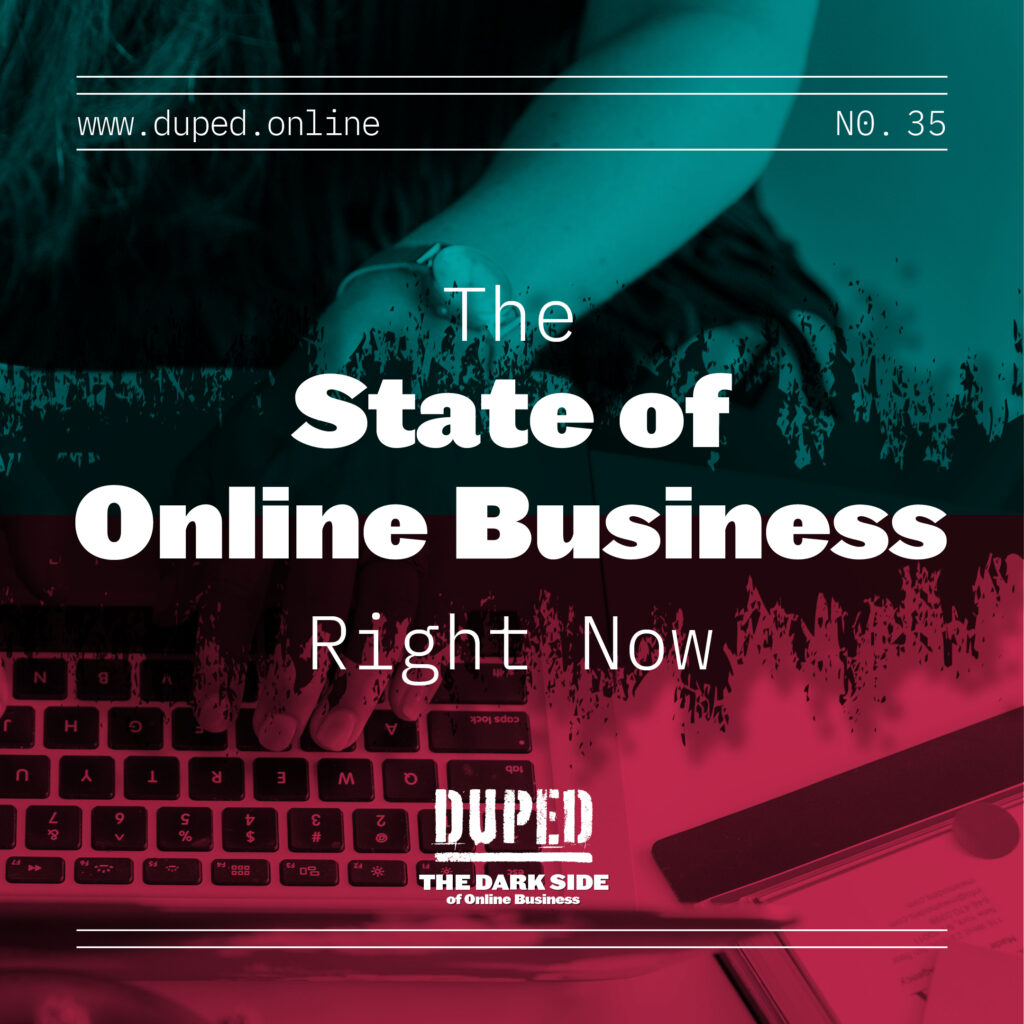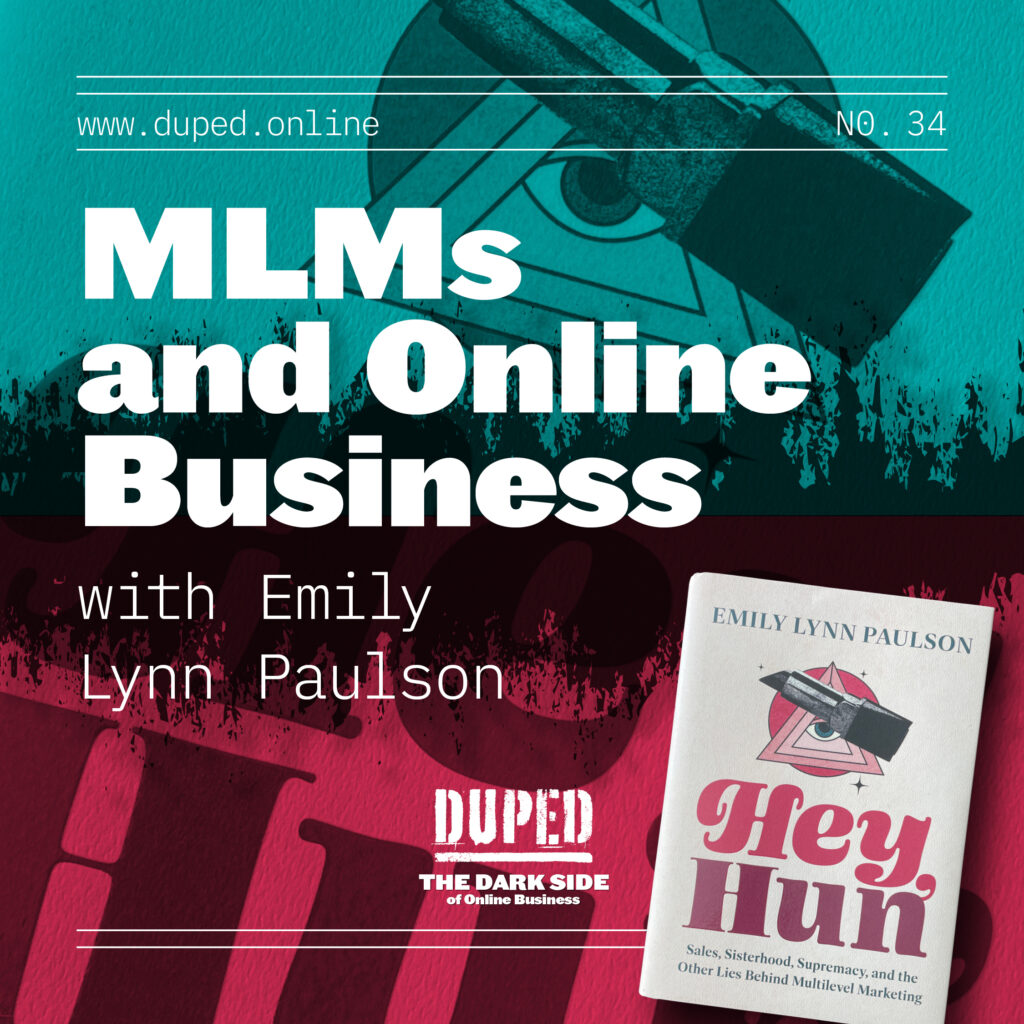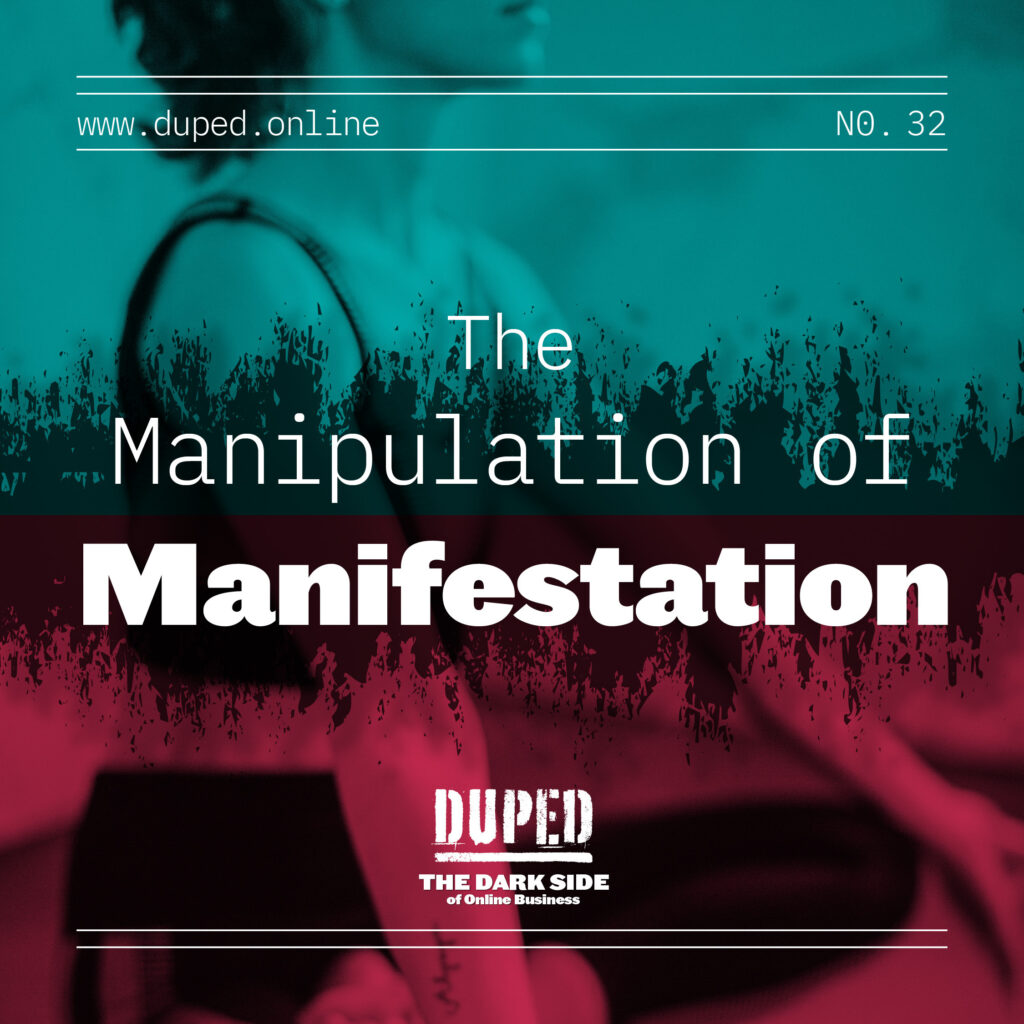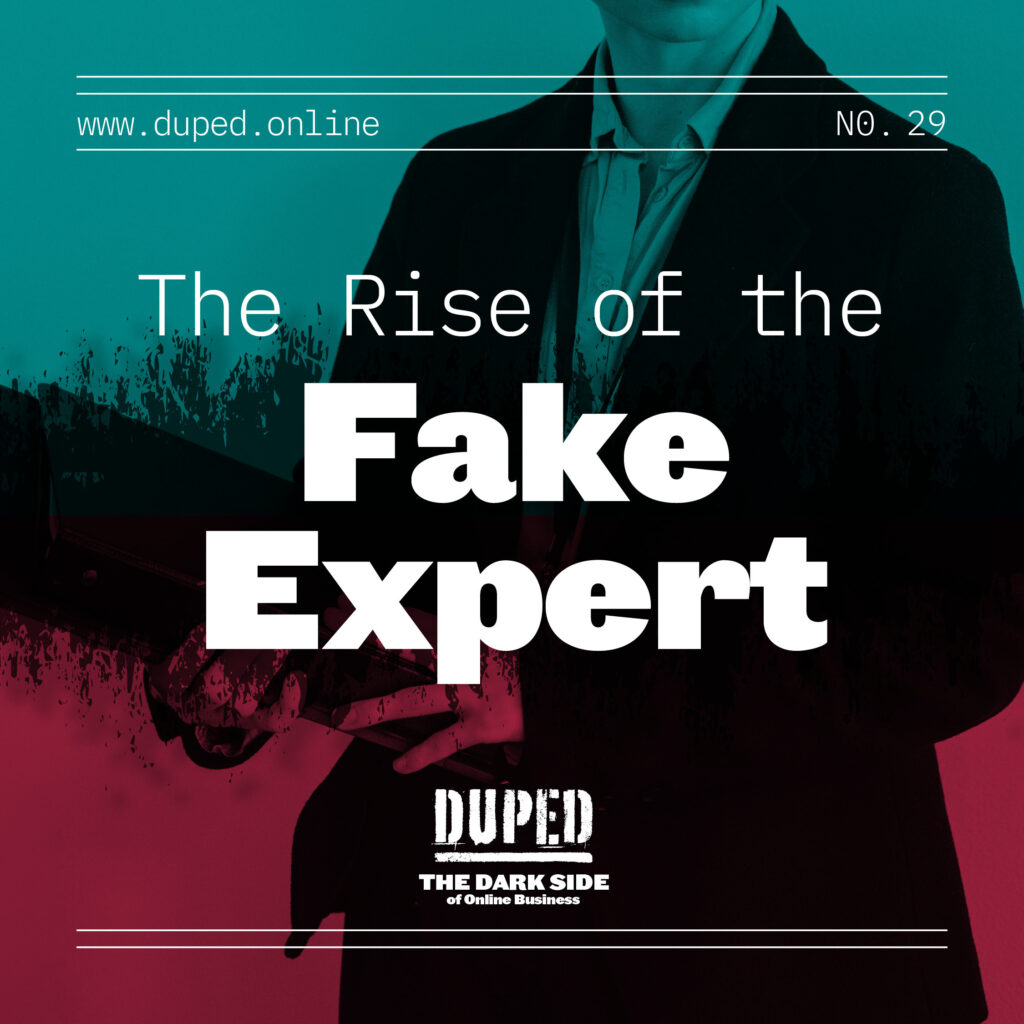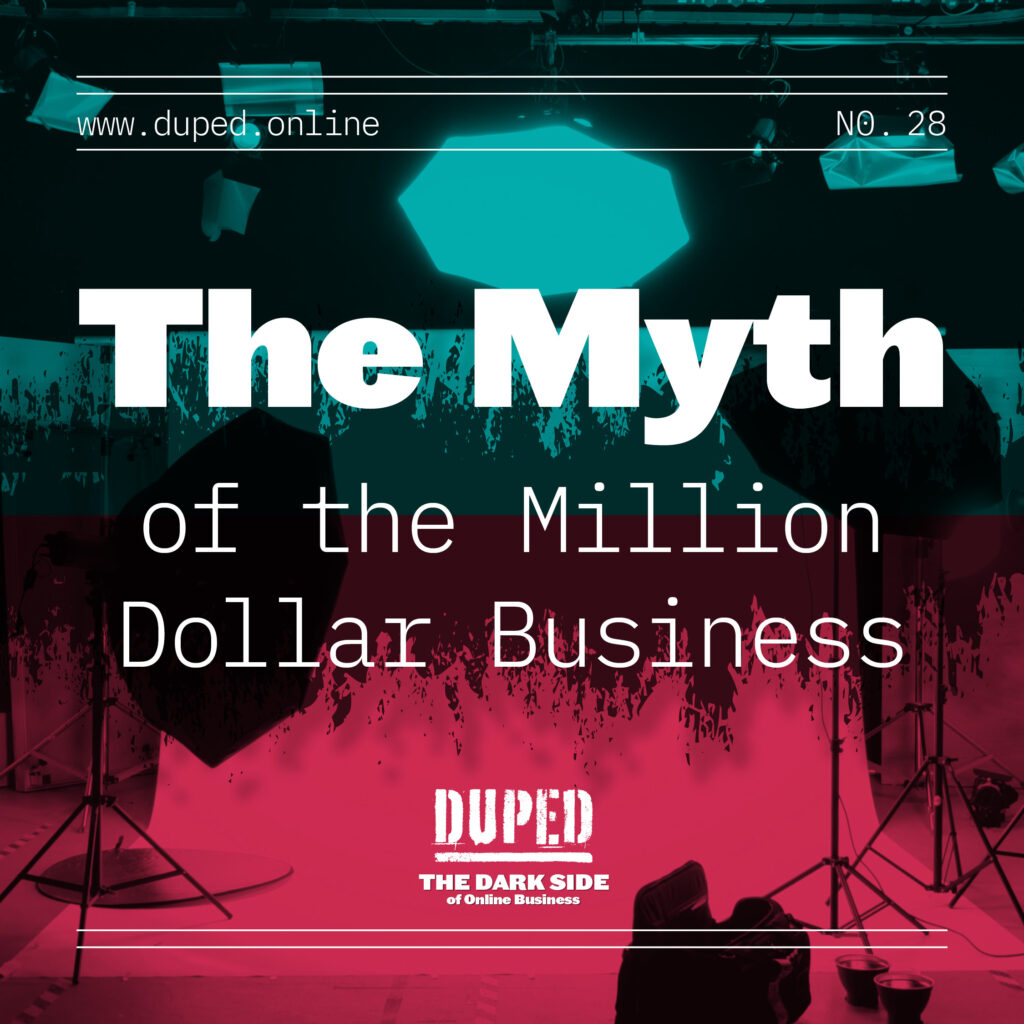
The Predatory Culture of Plagiarized Content

For many of us, running an online business means we’re constantly creating content. From blog posts to podcast episodes to Instagram content, to the actual frameworks and methods we use with our clients.
Content is the foundation, the backbone of our businesses. It’s how to find clients, it’s how we made sales, and it’s how we serve our clients.
Which is why we wanted to take a look at plagiarism, especially as Michelle has first-hand experience dealing with it in an academic setting.
In this episode, we’re diving into understanding how this shows up, and why the culture of online business that’s built on plagiarized ideas is fundamentally messed up.
What is Plagiarism?
Before we unpack the problems and solutions, we want to explore the many ways this type of copycatting right through to plagiarism can show up. I mean, it’s been a while since we’ve all been in the classroom.
Plagiarism is often viewed as where someone completely copied someone’s work or what’s called “direct” plagiarism.
But that’s just one type of plagiarism, there’s also:
Mosaic Plagiarism: Borrowing “phrases from a source without using quotation marks, or finds synonyms for the author’s language while keeping the same general structure and meaning of the original.”
Accidental Plagiarism: when a person “neglects to cite their sources or misquotes their sources, or unintentionally phrases a source”. A great example of this is in the music industry. It happens all the time. And in those cases, they gave a writing credit to the artist, and the royalties from that credit.
Regardless of if it’s unintentional, or intentional, it’s still a problem. Because someone is taking credit for your ideas and portions of your body of work. And it’s not a problem that’s only happening in online business, it’s common in most creative fields.
As you can see, copycatting is really a continuum, and some of this may seem like a grey area to you. It may even seem like it’s normal in some cases. That’s because as an industry, online business is rooted in a culture of robbing and duplicating.
The Culture of Plagiarism in Online Business
You’ve probably heard the term R&D in the past as research and development, and in the broader business world, R&D has also become known as rob and duplicate, or rip off and duplicate.
A 2009 Harvard Business Review article discusses the concept of this type of R&D which is taking a proven concept from another industry and using it to fuel innovation. As the article explains, a routine idea in one industry can be a revolutionary one in another.
Notice we’re talking about using ideas to help you innovate….not to copy.
Yet, so much of what we see in online business is just that, copycatting right through to plagiarism. I mean, it’s an entire industry built on funnel hacking, fake it until you make it, simply being one step ahead and “stealing my system”.
Just a few examples:
- A direct copy of someone else’s program. There was a Buzzfeed article in February 2021 about how a company called With Honors copied a training from influencer Elise Darma.
- Michelle’s story of the rob & duplicate network leader
- Rachel Hollis’ plagiarism of a Dr. Maya Angelou quote.
As you can see, copycatting and full-on plagiarism is rampant in online business. Maybe it’s entitlement rooted in greater systems of oppression or maybe it’s circles of indoctrination where people teach the thing they just learned. It’s probably all of the above, however, any way you slice it, it’s an epidemic.
In fact, it’s led to a major lack of innovation as an industry. It’s why there’s so much sameness, as ideas that were once innovative are now “common knowledge”, and everyone thinks it’s just the way things are done.
Which brings us to the question: Why do people engage in plagiarism?
Why Do People Copy?
A study published in the International Journal for Educational Integrity, entitled Why do Postgraduate Students Commit Plagiarism, provides some clues. The study looked at people who intentionally and unintentionally committed plagiarism.
The study cites the “pressure for good grades, laziness and poor time management”, and “lack of good academic writing skills.”
The entire culture around expertise and invented authority in the online business world, contributes greatly to this problem. When you’re in the business of selling your “expertise”, it’s easy to think that you have to know everything about everything. This is one of the biggest lies of this industry, and people find themselves out of their depth, or feeling like admitting they don’t know is weakness.
The truth? Staying in your own lane is powerful. When you focus on what you really and truly know and aren’t in a position where you’re cobbling together other people’s ideas, you’re far more impactful.
The culture of copying is a widespread issue far beyond online business, from cultural appropriation, to fashion designers knocking off other designers, to forged speeches and artwork, but none of that makes it ethically acceptable.
Don’t Be a Copycat: Let’s Talk Research Methods
By this point, you’re probably thinking “OMG, I don’t want to be a copycat”.
Let’s talk about how not to be a copycat so we can all take proactive steps so that we’re not doing this even, unintentionally.
A lot of this comes down to research methods. We all arrive in this industry with different professional and academic backgrounds, so some of this may be stuff you already know, and some of this may be new.
A few things that we recommend:
- Slow down when you’re creating content. In the rush to create it’s easy to get sloppy and not cite your sources or consider if the idea is even yours.
- Use better research methods. Keep notes on your ideas and the original sources. Create a home base for the articles and sources you consult. (link readwise)
- Source your data and stats carefully. Fact check your work, ensure the stats are not outdated, find the original source for the data.
- Question if your ideas are yours. MIT has a great article on what common knowledge is. It’s a solid way to check in on if it’s something you need to cite your sources for.
- Not sure about your sources? Use Google to figure out the sources. If you can’t source it, and it’s not your idea, skip it.
Bowdoin College has some great guidelines on their website about how and when to use citations.
Finally, citation may seem time consuming and annoying but it’s necessary. The good news is that this doesn’t mean you need to create a detailed bibliography or use footnotes.
Correctly citing people for their ideas means you do so in context, which means a link to the original source and a mention of where you learned it, no footnotes needed.
In-text citation, and it’s designed to tell you the origin of an idea. This is the easiest and simplest way to ensure you’re giving credit where credit is due.
Feminist Writer Sarah Ahmed in her book Living a Feminist Life talks about her approach to citation, and she says, “Citation is feminist memory. Citation is how we acknowledge our debt to those who came before; those who helped us find our way when the way was obscured because we deviated from the paths we were told to follow.”
Plus, in a world where trust is in short supply, citation sets your brand apart. As explained by Reynolds Community College in a post on why you should cite your sources, “it demonstrates the accuracy and reliability of your information”, “shows the amount of research you’ve done”, and “strengthens your work by lending outside support to your ideas”.
Links for this episode:
- Examples of Plagiarism
- Sam Smith Copyright Dispute
- Rolling Stones Example
- The New Logic of R&D: Ripoff and Duplicate (Harvard Business Review)
- An Influencer Is Calling Out a Popular Training Academy for Using Her Work “Word for Word” Without Credit (Buzzfeed)
- Pepsi/Droplet Product and Branding Plagiarism
- Droplet’s IG post breaking it down
- Rachel Hollis plagiarism (NY Times)
- Why Do Postgraduate Students Commit Plagiarism
- Top 10 Reasons Why Students Plagiarize
- Circles of Indoctrination
- What Is Cultural Appropriation
- Fashion designers knocking off other designers
- What Is Common Knowledge? (MIT)
- When to Cite (Bowdoin College)
- LabWrite Resources: Citations and References
- Associated Press Stylebook
- Living a Feminist Life
- Why You Should Cite Your Sources
Join the

Patreon

for only $7/month and get a
monthly bonus episode,
behind-the-scenes content
and more.
